Recommendation
Businesspeople, investors and regulators rely on a company’s package of financial statements as a map of its financial status. Organizations that deliberately present inaccurate portraits of their fiscal position damage everyone involved. Experts Julie E. Margret and Geoffrey Peck offer a comprehensive analysis of fraud in financial statements. They explore a broad range of areas, including the influence of organizational culture on the incidence of fraud. They also present comprehensive case studies that explain how managers and executives perpetrate deceptive practices. The authors pack a great degree of detail into this compact report, written for the involved professional, not the casual reader. getAbstract recommends their expertise to executives responsible for governance, compliance and reporting, and to financial analysts and journalists.
Summary
About the Authors
Author of Solvency in Financial Accounting, Julie E. Margret is a senior lecturer in the Department of Accounting at La Trobe University, Australia. Risk management specialist Geoffrey Peck works with Deloitte’s forensic group in Melbourne, Australia.








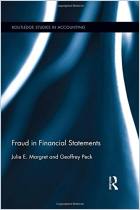
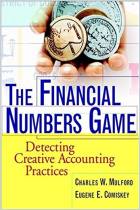
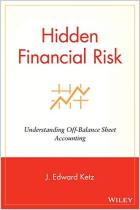
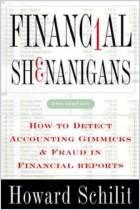
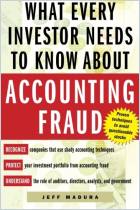
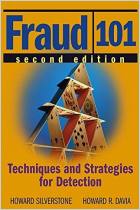




Comment on this summary or Iniciar a Discussão